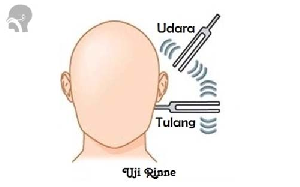
Abstract
Background
Approximately 5–10% of patients with asthma have severe disease. A proportion remain symptomatic despite suppression of T2-related inflammation but what drives persistent symptoms remains unclear. Eicosanoids exert a functional role in pulmonary inflammation. We explored the relationship between urinary eicosanoids, asthma symptoms, obesity and T2-biomarker status.
Methods
Urine was sampled during a randomized controlled trial assessing corticosteroid optimization using T2-biomarker directed care at scheduled study visits (n=728) and at exacerbation (n=103). Urine eicosanoid concentrations were measured by mass spectrometry, then log2-transformed, z-scored and concatenated by biosynthetic pathway generating six pathway scores. Results were stratified by T2-status (T2-Low: fractional-exhaled nitric-oxide [FeNO]<20 ppb and blood eosinophil count [BEC]<0.15×109cells·L?1) versus T2-high: (FeNO ?20 ppb and BEC ?0.15×109cells·L?1), symptoms (symptom-low: Asthma Control Questionnaire-7 [ACQ-7<1.5)] versus symptom-high: ACQ-7?1.5), and obesity.
Results
Isoprostane (pathway score p=0.02) and thromboxane (pathway score p=0.04) levels were higher in symptom-high versus symptom-low, T2-low participants. Isoprostane levels were greater in symptom-high versus symptom-low participants, irrespective of T2-status (pathway score p=0.01). Cysteinyl-leukotriene E4 levels (LTE4) were elevated in T2-high versus T2-low participants (pathway score p=0.0007), irrespective of symptoms. Corticosteroid exposure, obesity and exacerbations were not associated with increased eicosanoid levels (p?0.05).
Conclusion
Raised urinary eicosanoid levels of isoprostanes and thromboxanes were associated with increased symptoms in T2-low severe asthma. Elevated excretion of these metabolites, in T2-low participants, could reflect increased thromboxane-receptor (TP) activation, which may be promoting increased asthma severity and bronchoconstriction. Further research and interventions are needed to explore the role of TP-modulation in T2-low severe asthma.














